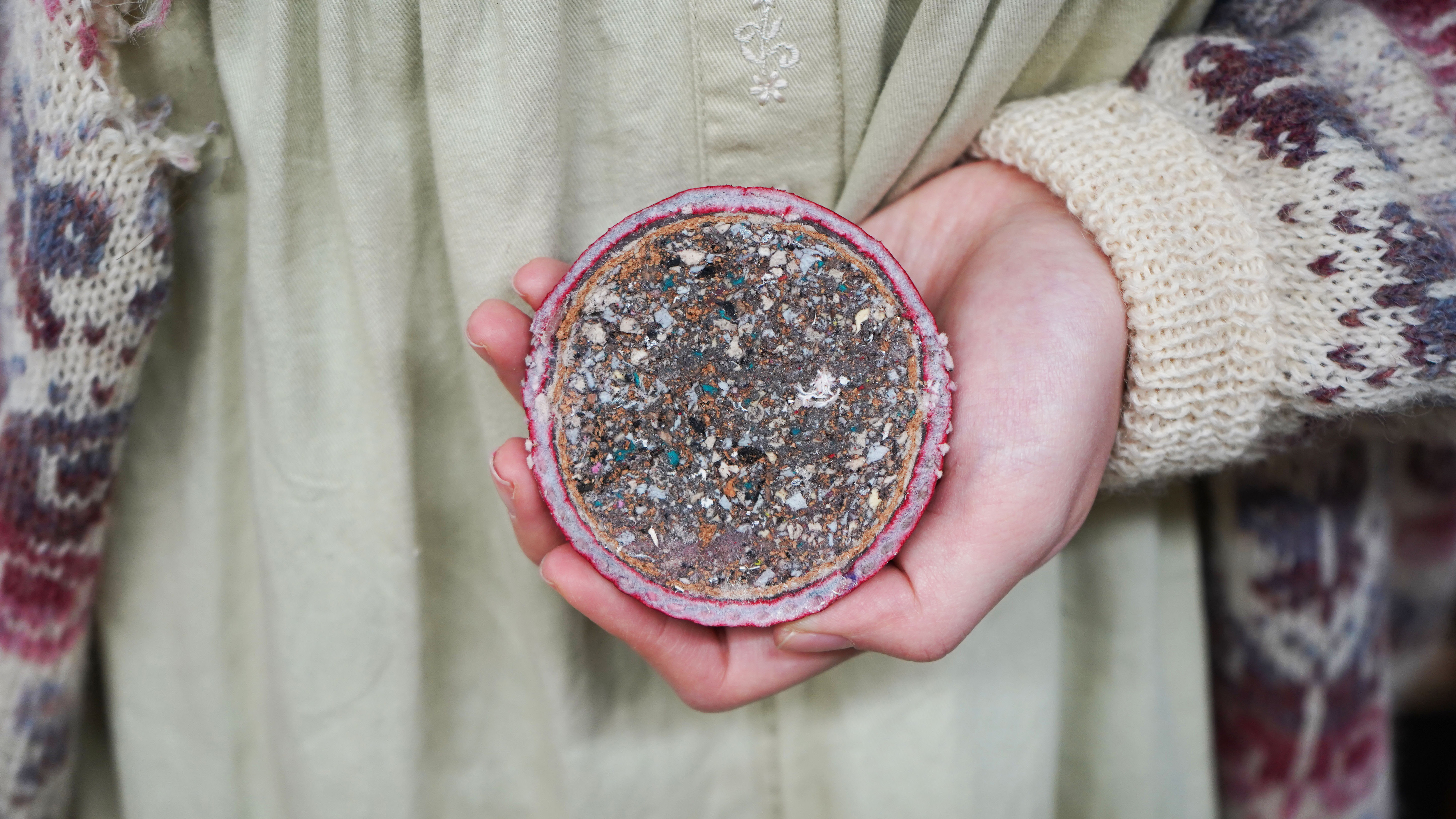Course units
Year 1
Unit 1: Global and collaborative (led by UAL)
This unit introduces key themes in cross-cultural and collaborative practice. It provides a foundation of research, fieldwork, critical thinking, problem articulation and prototyping that underpins practical work that is undertaken in future units. Throughout this unit you’ll explore intersections in the United Nations Sustainable Development Goals and practice responding to complex problems through a speculative design project.
Unit 2: Making and design (led by KIT)
You’ll gain experience with 1 or 2 digital modeling and fabrication tools as an introduction to rapid prototyping.
Unit 3: Design and practice (led by UAL)
This unit uses mapping, visualisation and design prototyping to develop ideas and dialogues between design practitioners, project stakeholders and project beneficiaries. It focuses on local interventions into global-scale problems. Throughout this unit you’ll work with a mapping and visualisation toolkit to develop a shared understanding of a complex problem. As a group you will hone your collaboration and prototyping skills to co-create a ‘proof of concept’ design in response to this problem.
Unit 4: Society and design (led by KIT)
This unit presents knowledge and methods at the intersection of society and design. You’ll learn to think and act critically about designing in a socially relevant and responsible way.
Unit 5: Collaboration and design (led by KIT)
You’ll undertake a project proposed by a public, private or non-profit organisation. It usually involves collaboration with local colleagues and members of the public.
Year 2
Unit 6: Major design project (led by UAL and KIT)
Unit 6 shifts the emphasis to you to take the initiative in shaping interactions within and beyond the course through a major design project.
You’ll work with 1-3 of your peers to develop an in-depth design project that responds to a defined societal challenge of your choosing. There are 3 complementary parts: a brief, research (including desk research, immersive fieldwork, and participatory engagement) and a design prototype.
You’ll inform your approach by working collaboratively with external partners such as industry and government representatives, local organisations and/or community members who hold subject expertise and lived experience. You'll fully realise your design prototype.
Unit 7: Dissemination and emergence (led by UAL)
This unit collaboratively disseminates your 2 years in the course to develop both individual and shared understandings of your experiences in both London and Kyoto. You'll present the variety of design approaches taken by the London-Kyoto cohort to diverse audiences in both locations through collective physical, virtual or hybrid events that engage with external communities, stakeholders and networks at the forefront of collaborative practice.
Unit 8: Dissemination and planning (led by KIT)
This unit is based on your major design project. That project may be collaborative, but the focus of this unit is individual. You'll write a report suitable for dissemination, for example a conference presentation. You also reflect on your learning through the course and your positioning for future endeavours.
This final unit helps you define the values that underpin your practice and communicate your work. You’ll interrogate your practice to help position yourself as you emerge from the course. Your future routes can include employment, research and enterprise funding, further study, competitions and awards, contributions to events and involvement on panels or in publications.
Note: All year 1 units must be passed for students to progress to year 2. The award classification will be calculated using the average of both second year UAL units - Unit 6: Major design project unit (40 UAL credits) and Unit 8: Dissemination and planning unit (20 UAL credits).
Mode of study
MA Global Collaborative Design Practice is offered in full-time mode and runs for 72 weeks over 2 years. You will be expected to commit an average of 40 hours per week to your course, including teaching hours and independent study. You will be expected to attend all classes in person on campus, except by prior arrangement.

